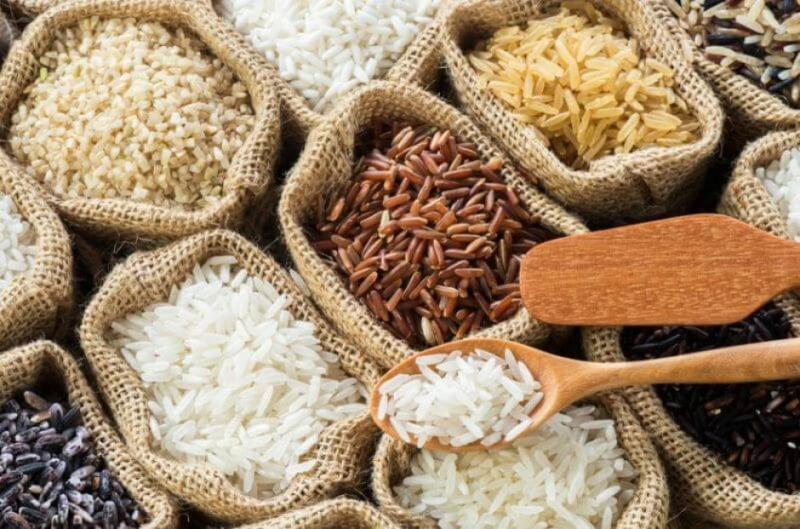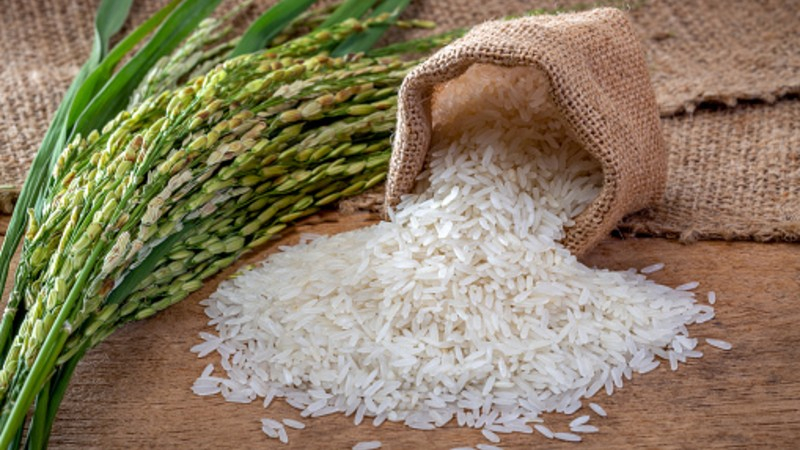Rice
Rice is one of the important foods in the meals of many countries around the world. Rice not only provides starch to maintain brain activity but also contains essential nutrients for the body. Eating too much rice can give you too many carbohydrates and not enough vitamin C. It can also increase your risk of type 2 diabetes and cardiovascular disease.
There are also small amounts of vitamins like folate and thiamine, as well as minerals like potassium, phosphorus, and iron. There is no vitamin C, vitamin A or vitamin D in rice, and very little sodium, even in fortified short-grain white rice. Unenriched short-grain white rice contains even less of these vitamins and minerals.
Rice has a minimal amount of important macro and micronutrients. Eating too much rice and not enough other foods with diverse nutrients can leave you with nutrient deficiencies. Your diet should mainly include a variety of fruits, vegetables, and protein, depending on your health condition and age.
Although rice is delicious, it contains very few vitamins. If you eat too much rice, you will deprive yourself of all other vitamins. It also causes your insulin levels to spike. Most importantly, it can cause poorer mental performance from low levels of arsenic exposure. Researchers recommend getting between 45% and 65% of your daily calories from carbohydrates. For a person consuming 2,000 calories per day, that's between 900 calories and 1300 calories from carbohydrates. The norm is usually about 90 grams of uncooked rice per meal.












